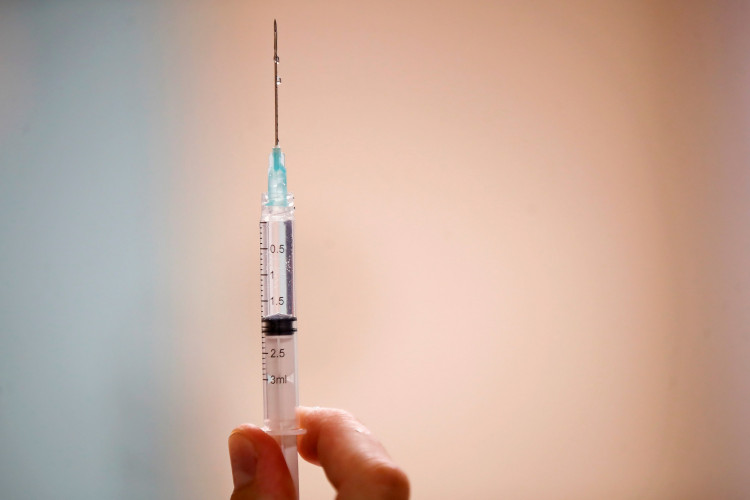Is a COVID-19 vaccine booster on the cards for you? While it seems like just yesterday that individuals were figuring out when their vaccination would fully protect them, there is already concern that our safety may require another shot in the arm.
The booster conversation is becoming more urgent as we watch the Delta variant spread among unvaccinated people and health officials across the country report a small but growing number of breakthrough cases in fully vaccinated people, which, while usually asymptomatic or mild, are cause for concern.
COVID-19 booster shots aren't a radical idea. Scientists have admitted that booster shots may be required in the future since the vaccinations were originally offered in December. This would imply a third dose of vaccination from Pfizer-BioNTech or Moderna, or a second dose of Johnson & Johnson, the three vaccines licensed in the United States.
The Food and Drug Administration updated Pfizer-BioNTech and Moderna's emergency use authorizations (EUA) in mid-August to allow a third dose of their COVID-19 vaccines for select immunocompromised persons. (Pfizer has since received full approval for their vaccine for people aged 16 and up.)
Solid organ transplant recipients and people with disorders that decrease their ability to fight infections and other diseases are among those who are immunocompromised and eligible for a third dosage. According to data analyzed by the Food and Drug Administration, a third dosage of the Pfizer or Moderna vaccines may boost protection in this vulnerable demographic.
Then, in September, the FDA authorized, and the Centers for Disease Control and Prevention recommended, a booster dose of the Pfizer-BioNTech vaccine for people 65 and up, long-term care residents, and people 50 to 64 with underlying medical issues; the booster is recommended at least six months after receiving the second dose of the primary series.
Furthermore, the CDC recommends a booster dose of Pfizer-BioNTech for adults aged 18 to 49 who have underlying medical conditions, as well as people aged 18 to 64 whose profession puts them at a higher risk of COVID-19 exposure. Health care providers, teachers, and others may fall into this category.
Pfizer's booster dose is still subject to an EUA, and federal regulators will likely weigh in on boosters for the Moderna and Johnson & Johnson vaccines at a later date.
People with an eligible medical condition that causes their immune system to be inhibited can have a third dose of either the Moderna or Pfizer vaccine as soon as 28 days following the second dose.






